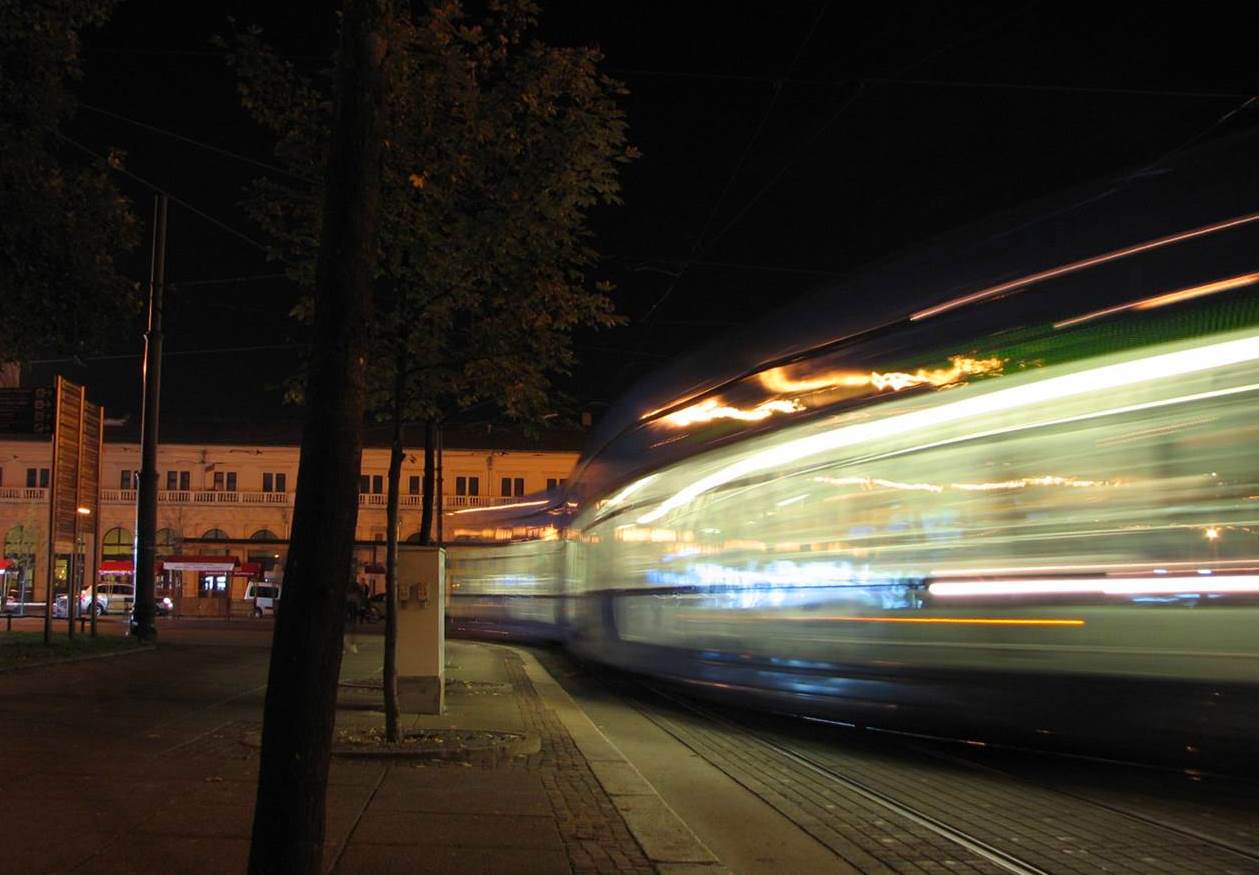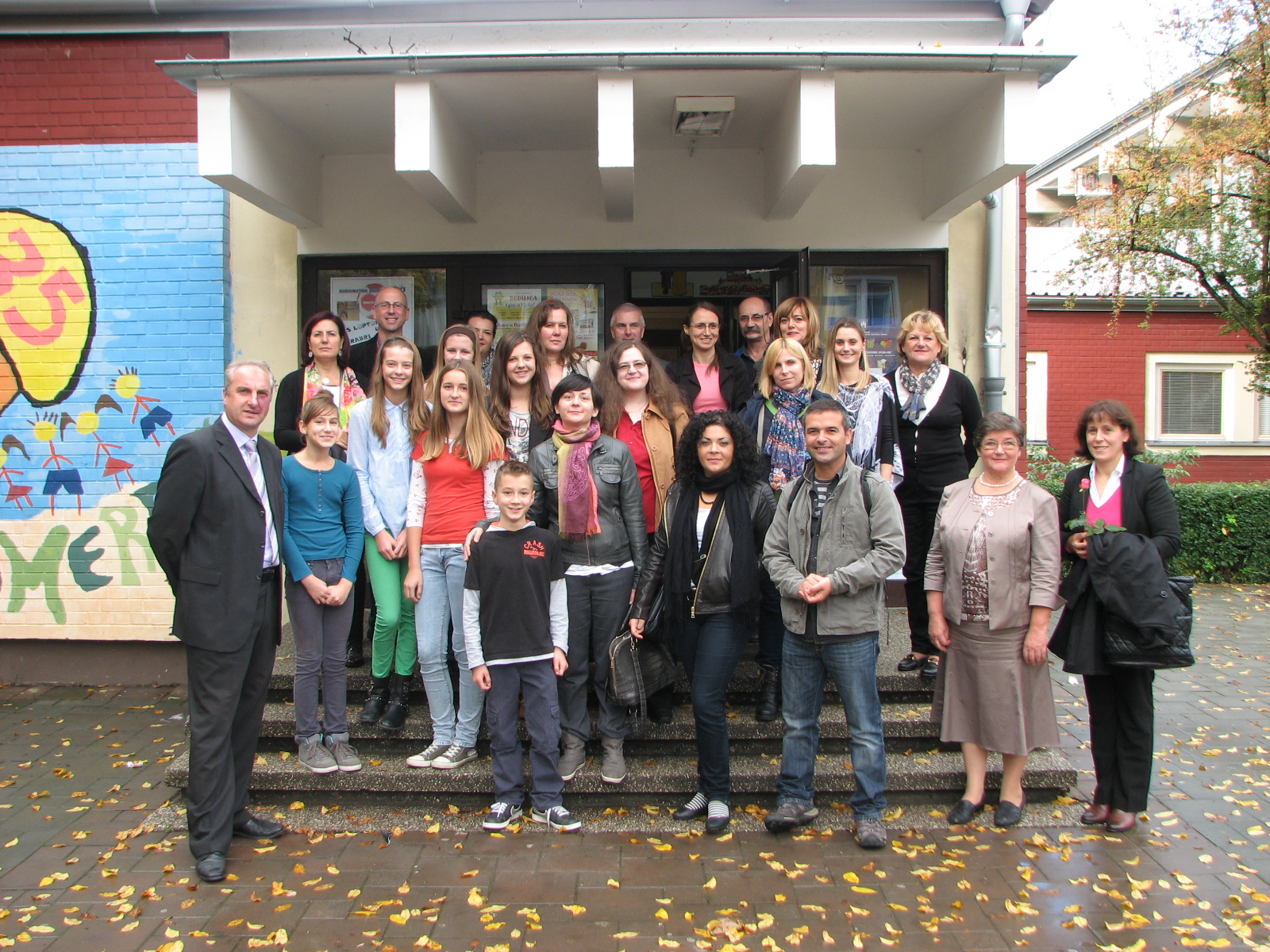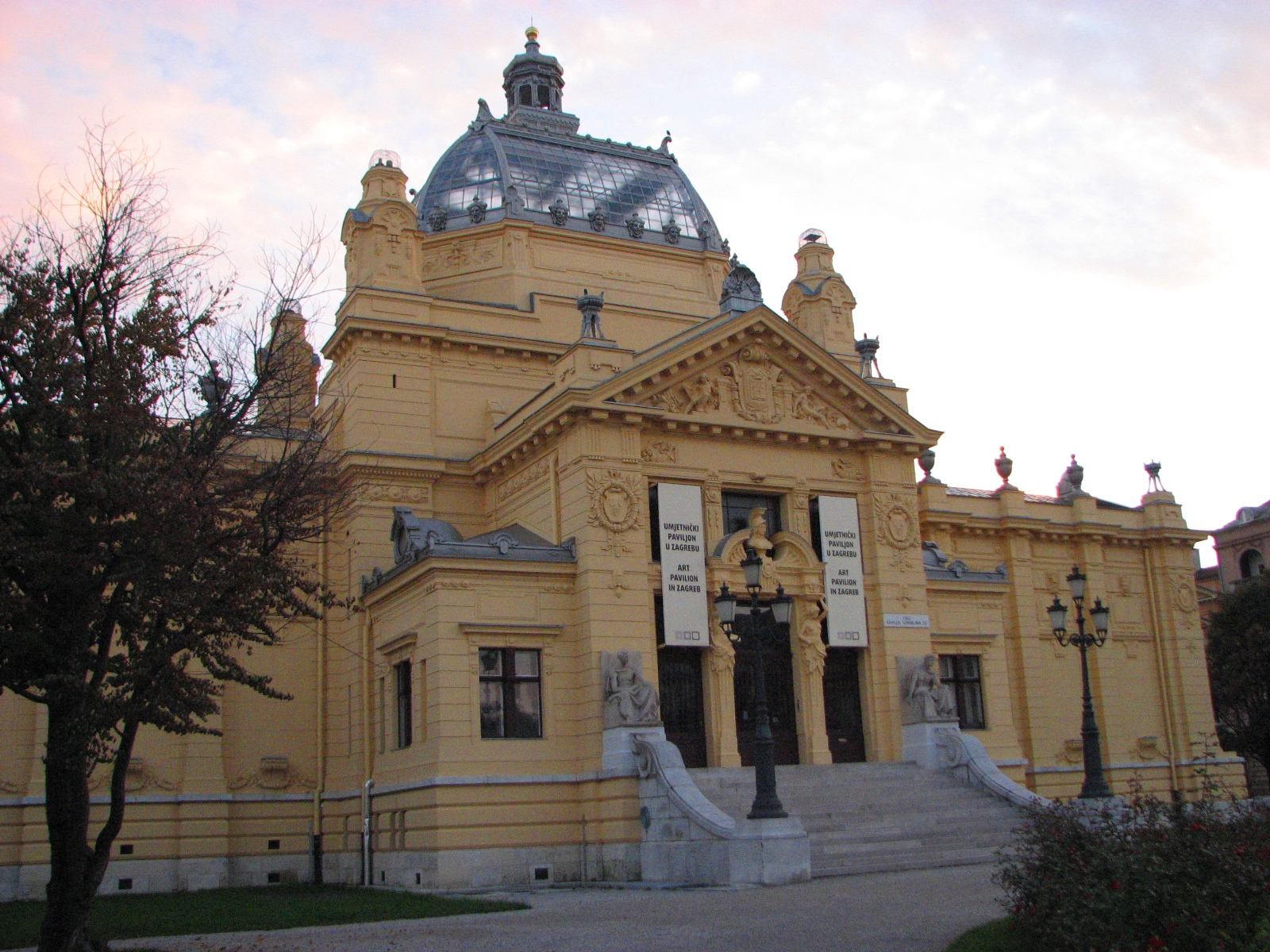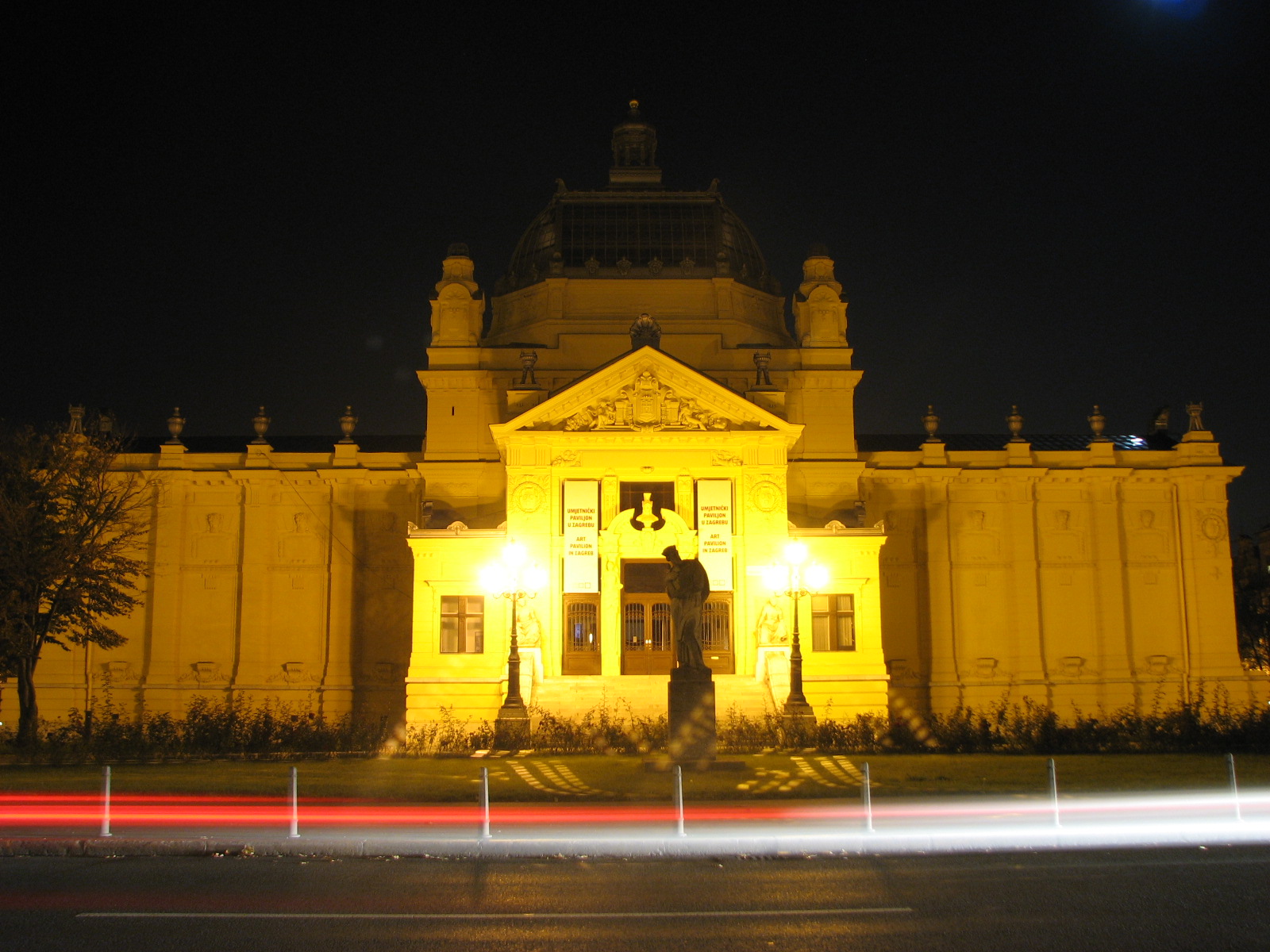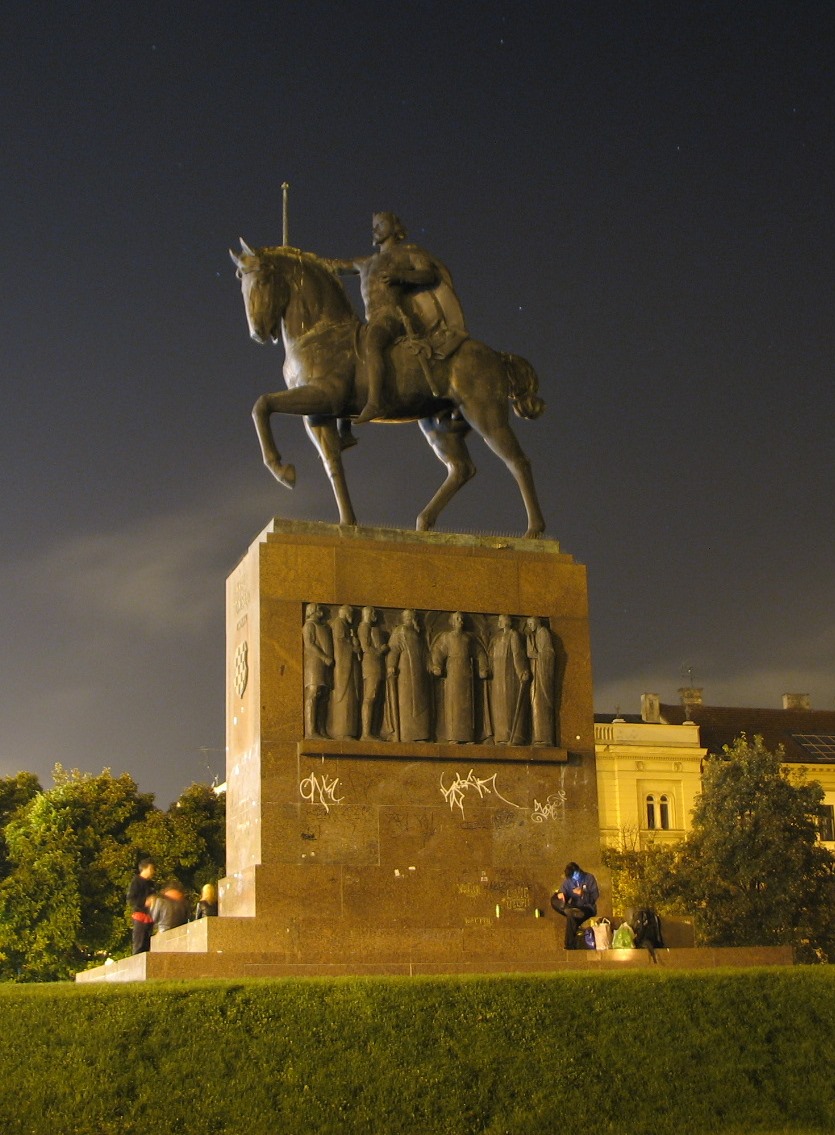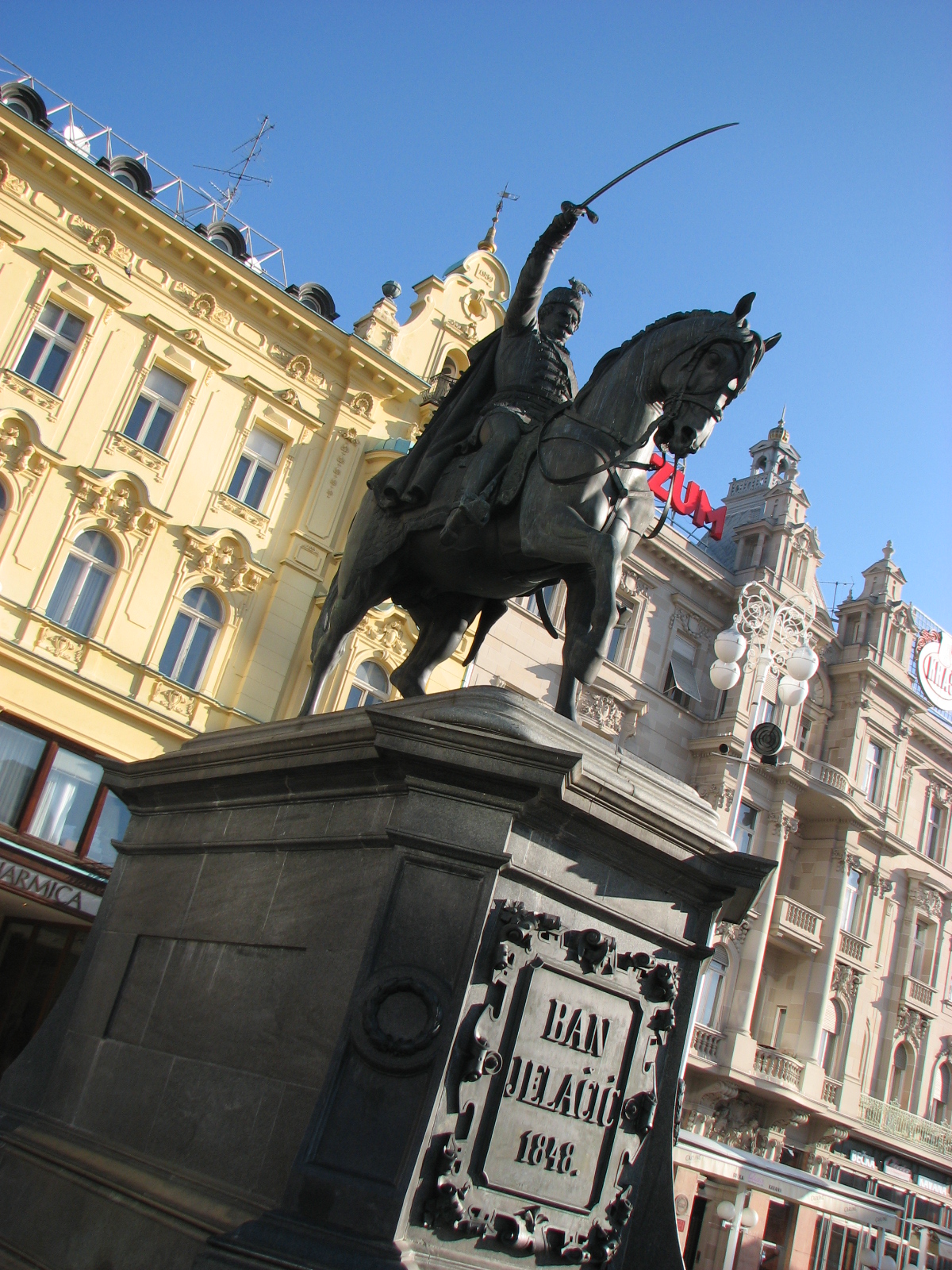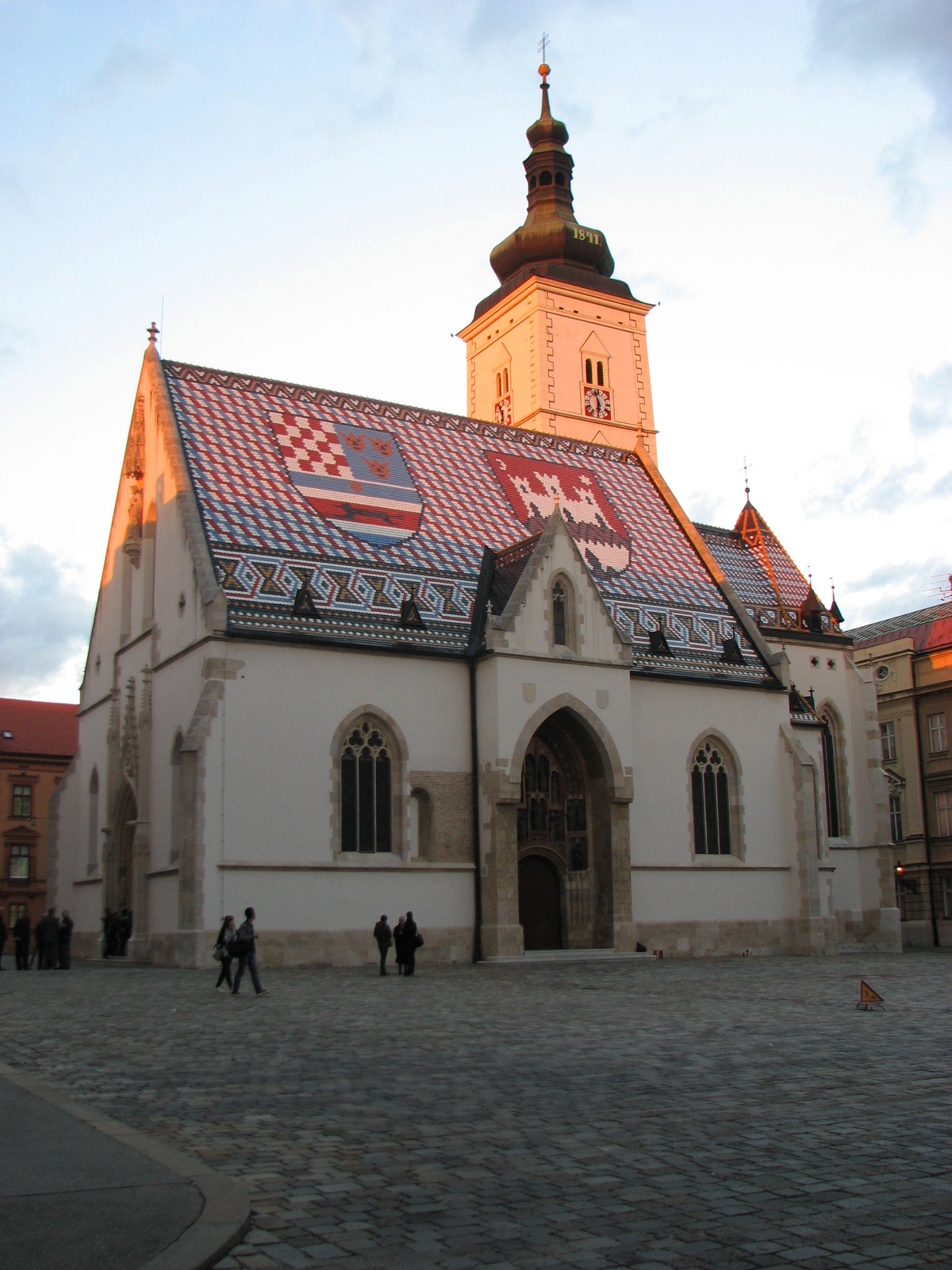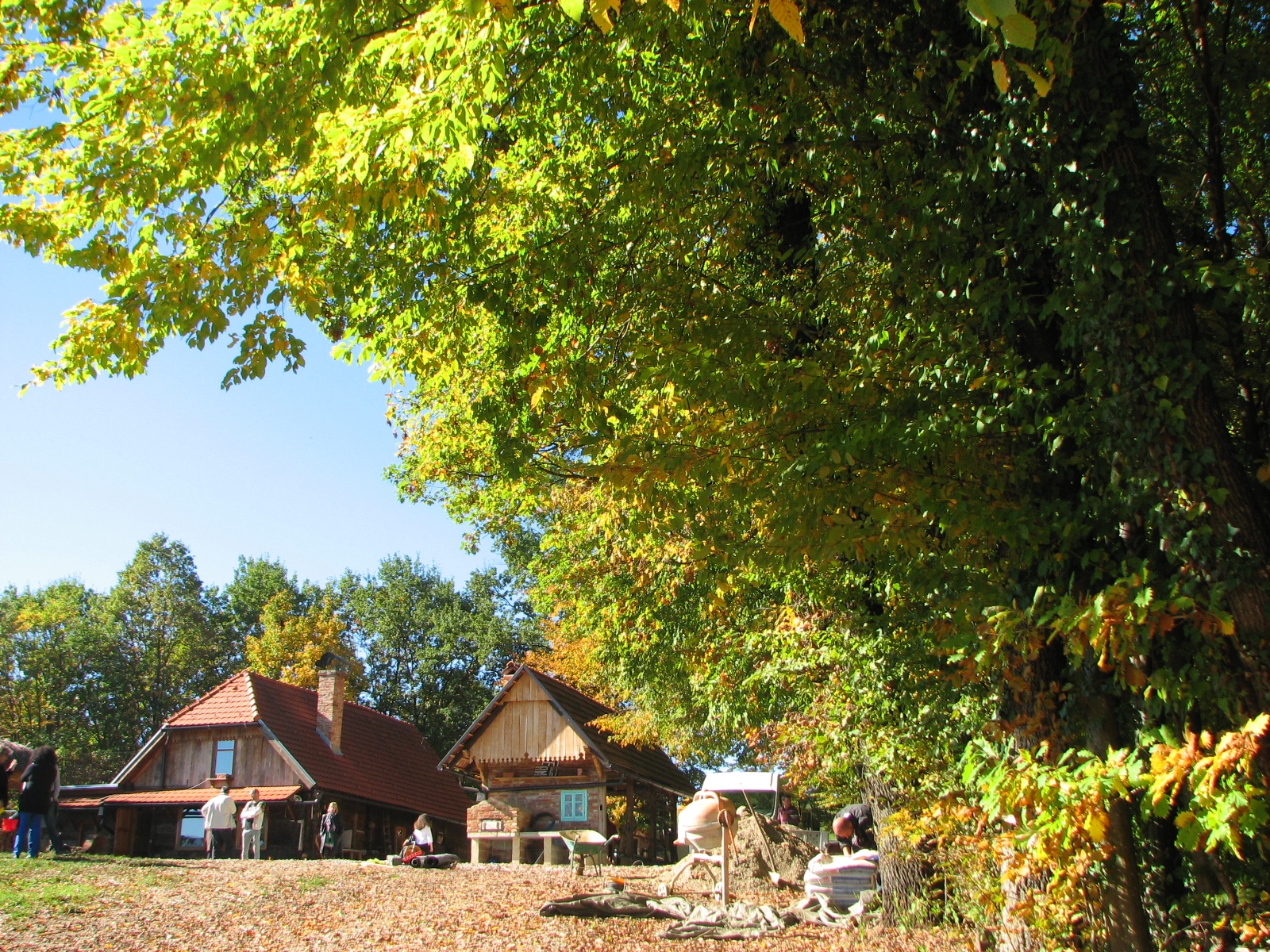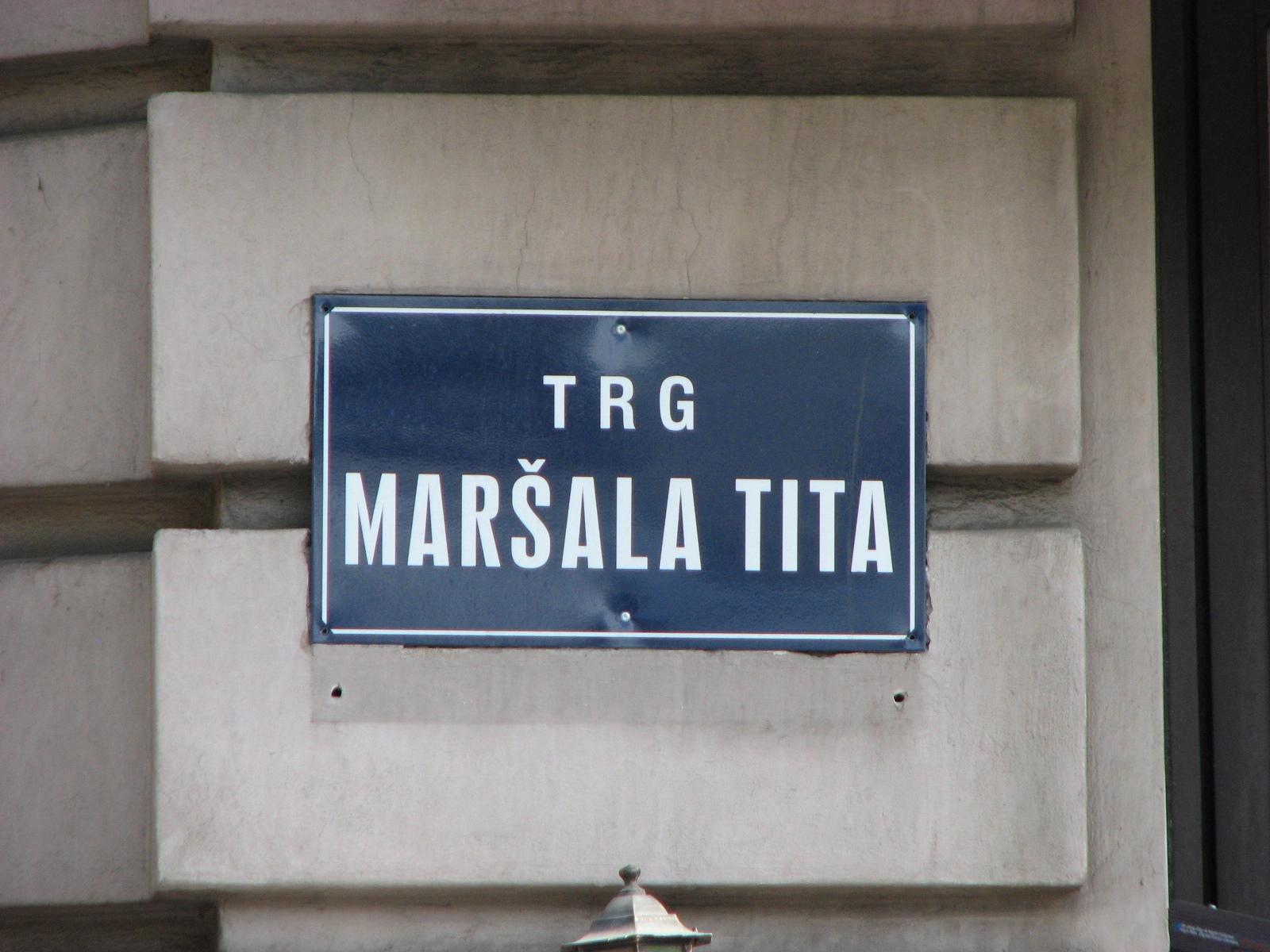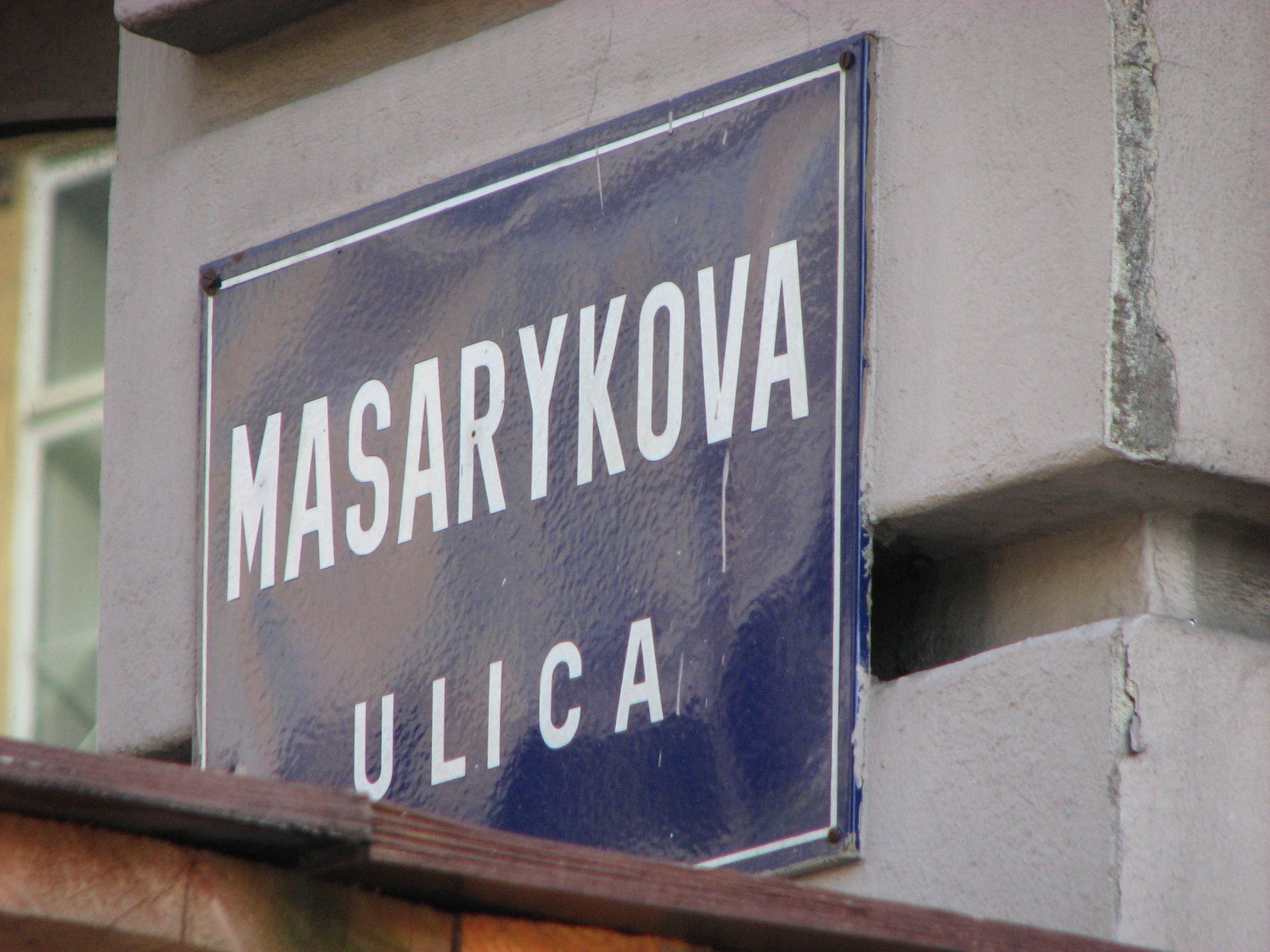Projekt ukončen, aktivity sítě pokračují
Projekt Mezioborová síť udržitelného rozvoje byl úspěšně ukončen 30. 4. 2014, aktivity sítě však nadále pokračují.
Tyto původní stránky projektu budou aktualizovány pouze ve výjimečných případech, pro pokračování aktivit je třeba přejít na následující webové stránky:
Regionální centrum expertízy Česko - pro další spolupráci subjektů v Česku
COPERNICUS Alliance - pro mezinárodní spolupráci
Mezinárodní projektu UE4SD (běžel v letech 2013-2016)
Recenzovaný časopis Envigogika
Sustainability in Education: From Curriculum to Reality
A member of the Charles University Environment Center took the opportunity to examine the Croatian approach to incorporating sustainability into the education system during a study visit to Zagreb 14-17 October 2013 funded by the European Centre for the Development of Vocational Training (CEDEFOP). Participating in the study group were representatives of Northern Ireland, Germany, Italy, Spain, Portugal, Latvia, Romania, and Macedonia representing a cross-section of the education sector from secondary school principals to university academics and higher education teachers to NGO representatives and government education officials.
The study visit began with a presentation by Marijo Bajkuša, the Development and Program Director of the Forum for Freedom in Education, on education and training in Croatia. The presentation discussed the mobility of Croatian students through various funding programmes, although only 1-2% avail themselves of such opportunities. The reasons for this are manifold, but are partly related to bureaucratic issues with the educational system, e.g. it can take years to have credits or qualifications from foreign universities recognised, and because the Bologna reforms are still poorly implemented and understood. Marijo also discussed problems within the primary schooling system, including the prohibition on parents entering primary schools in the last two weeks of the school term because of violence issues towards teachers, and the fact that school principals do not necessarily have an educational background, i.e. they may be political appointees who have an interest only in financial management issues and not teacher or educational quality (although this statement was partly contradicted by later comments made by school and Education and Teacher Training Agency representatives – see below).
The impression made by Marijo left study group members feeling that there needed to be more backing for the schooling sector from the top (the minister and the government in general). If it were true that principals can be non-teachers, then it is they who need to be monitored rather than the teachers. Study group members were left wondering whether school principals in Croatia go through any type of training, as otherwise principals may treat schools as more a business than an educational enterprise. The Northern Irish group member was particularly shocked by the wages teachers in Croatia receive (670KN per month compared to something around 4000 EUR in Ireland), although other post-socialist state representatives thought the Croatian average teacher wage was similar in their countries. Student contact hours in Croatia are similar among all countries represented by the study group.
It was generally felt that politicians in Croatia need to change the education system by investing more money in it – according to the Northern Irish group member, state budget priorities should be health and education above all else. The Minister of Education should spend more money on the restoration of school buildings and creating new capacity. He or she should make changes in the new education strategy framework, which should achieve a consensus among politicians. The current system “has no sustainability”. Hard working teachers are poorly treated. In Portugal, for example, some years ago the government created an agency to make new investment in schools and equipment. Lots of money was spent to upgrade schools. Now there are very nice schools, but two big problems have resulted. Firstly, money was spent, for example, on air conditioning and so now there is no money to sustain the system, and new schools need lots of money for maintaining such infrastructure, and secondly, there is no money to pay the resulting debt that has been hidden by the fact the agency commissioned to oversee school restoration was non-public.
Marijo also briefly discussed the fee structure at Croatian universities, which was shown to be very complicated. Zero university fees is the norm in the first year, but then fees may apply thereafter depending on the number of ‘points’ students have accumulated and what degree courses they are studying. Marijo said the Bologna reforms had been erratically implemented in Croatia and they were still poorly understood by government ministers, public servants and even academics themselves. By way of comparison, most study group member countries had free access to university, apart from the UK where 9000 GBP per annum is the rule.
There appears to be a lack of motivation in Croatia for teachers to upgrade their skills over time (e.g. next to no financial incentive), as opposed to countries like Italy where there is substantial support for professional development, and Germany where teachers must do professional development and they get a report every four years from the school principal, which helps with career development and progression.
Mladen Domazet introduced the project ENjoinED: Educate for Sustainable Development to the group, which brings together an eclectic group of countries mainly from south east Europe - Bosnia , Croatia, Serbia, Kosovo, Macedonia, Slovenia, and Romania - but also including Baltic countries and England, and funded via European pre-accession funds. The project acts as a catalyst to think more widely about ecological education by educating students to protect the environment, which is seen as a component of sustainability and at the same time as ‘values’ education. The aim of the project is to pass on knowledge available to others, e.g. Estonia gives seminars on environmental education in its school system, Slovenia on the creation of institutions. ENjoinED has also begun teacher training and provides seminars on teaching content for environmental education. In addition , textbooks are evaluated for their suitability as class books consist of very few ecology questions/issues. But as teachers teach not only from textbooks, the project attempts to map what else happens in the classroom and what else happens in terms of practical education. The project also includes a research element, which has established that students need to be able to understand complex relationships, learn respect and responsibility for others and the environment around them, as well as knowledge of economics and cultural differences. Solutions include encouraging dialogue among cultures and investigating the different ways societies are dealing with climate change. The content of environmental education and ESD should be adapted to the student level and important issues should be included in the curriculum.
Mladen also briefly touched upon another project about sustainability on the European periphery which involves a comparative analysis of ESD in Slovenia and Croatia which has found that all SD aspects should be better integrated into education systems, between subjects and within the overall content, and SD goals integrated.
A further presentation was made by Marijo Bajkuša at the offices of the Forum for Freedom in Education (FFE), which was established in 1992 to focus on alternative pedagogies for Croatia. In 1998, it initiated in-service teacher training, which 9-10,000 Croatian teachers have now undertaken (out of a total of about 50,000 teachers). FFE uses creative ways to bring EU funds to Croatian schools, as EU funds are the only systematic funding source for NGOs in Croatia. The in-service training has been concentrated until now on the social pillar, but that is now changing to concentrate on the environmental pillar. In Marijo’s opinion, by focusing primarily on the social and environmental pillars the economic pillar will follow naturally. With 55% youth unemployment (the third highest in Europe behind Greece and Spain), it’s vital to provide a good educational foundation for young people in Croatia.
FFE also does mediation training for primary school teachers to combat violence in schools as there is a chronic lack of expert support staff (psychologists). This helps teachers develop both teacher mediation skills and peer mediation skills, i.e. it helps pupils mediate in conflicts between their classmates.
Related to the issue of violence in schools is the amount of distrust and corruption in Croatia, where research has shown that 90% of people do not trust their neighbours. The FFE together with the NEPC is currently undertaking a project that is looking into the perception of corruption within the secondary schooling sector.
Another project that the FFE has been involved in relating to the social pillar of sustainability was the 2005 campaign to educate Croats about issues relating to the EU so that people could make an informed decision about EU membership.
Yet another project involved the 2006-08 national discussion about health education in Croatian schools, which tended to be rather uncivil because of the contentious issue of sex education in schools and which the various parties in parliament used as a political football. The political right in Croatia takes a very conservative stance on such issues, as exemplified by its current campaign to change the constitution to specify that marriage can only be between a man and a woman, i.e. gay marriage may not be permitted. One of the main reasons for the need for health education in schools from the perspective of the FFE, however, was the fact that there is a big problem with gambling among youth.
Two final projects that were mentioned included the FFE’s participation in a consortium of south-east European countries to create an alternative energy strategy, and its cooperation with the Society for Sustainable Development Design to promote household strategies for lowering power bills.
Finally, Marijo discussed the difficulty of sustaining the FFE’s activities because of the ongoing uncertainty over funding. The organisation has made the conscious decision not to employ more than 15 people as it may not be able to guarantee work for them over the long term. It is reliant to a large degree on EU funds and in fact rents its current premises from one of its board of directors for a below-market rate.
A visit to the Education and Teacher Training Agency (ETTA) focused on the work undertaken by the agency to provide support for the country’s school teachers, with 130 advisors responsible for 1000 teachers, each covering all 21 of the country’s counties. For the 65,000 teachers in the country there are 105 advisors who organise workshops and seminars and state examinations for young teachers leading to their first teaching licence. The remaining 25 advisors inspect individual teachers whenever complaints are made of them. By way of comparison, Macedonia has only 80 advisors in total for these tasks, so it needs to work closely with the NGO sector as in Croatia to make up for the lack of resources. Cooperation between Croat ministries and the FEE, for example, is entirely understandable from a Macedonia point of view. Unusually for nearly all the countries represented in the study group, there are no school inspections made in Croatia, only of individuals. ETTA representatives told the group that institutional inspections were carried out in the past, but this practice was abandoned because it was “too stressful” for teachers. In most other countries, whole-of-school inspections are the norm. In Ireland, for example, there is a general school inspection every 10 years and an additional “mini” inspection every three years, with an 18-month recovery plan put in place should problems be detected. In Romania, schools are audited every 5-6 years, and inspectors return after 1-2 months if problems are uncovered. In Latvia, it is more like Croatia; school principals write full reports on the functioning of their schools and then submit it for comment to the school’s parents and the town municipality before it is finally shown to the state school inspectorate.
ETTA is also responsible for approved NGOs operating in the education sector. Individual teachers can apply to become ‘advisors’ in their own schools and after five years they can then apply to become ‘mentors’ for a period of five years. This results in slightly higher pay of around 50 EUR per month. In addition, the ETTA organises education competitions for students which provide additional points that can used for choosing schools and enrolling in universities.
One ETTA representative responsible for education for sustainable development discussed her own particular work in detail. This included involvement in the GLOBE programme (http://www.globe.gov/home ) that brings together schools around the world to cooperate on developing and implementing educational measures in the environment and tracking ecological changes, e.g. climate change. Croatia has 170 schools involved, while study group member countries were also represented, including the Czech Republic (181 schools), Germany (587), UK (653), Italy (61), Latvia (22), Macedonia (20), Portugal (13), Romania (7) and Spain (311). Another project that brings together schools more widely and which pertains to the social pillar of sustainable development is the SEMEP South East Mediterranean Environmental Programme, which is about knowing, researching, and appreciating a country’s own heritage and its neighbour’s heritage.
Teacher training programmes for environmental education began in 1996, and in 1998 work began on using EE and education for sustainable development to promote interdisciplinary topics, hands-on work and students’ own research. In 2000, the cross-curricular topic of EE and ESD were put in the National Curriculum for primary schools, although there is admittedly no real obligation for schools to incorporate these themes into the school programme due to a perceived lack of time, no room in individual school schedules, and the “loneliness” of individual teachers trying to promote such themes among their colleagues. Croatia and other study group member countries have been greatly supported in these efforts through the UNECE Strategy for ESD, which has led many of them to develop their national Action Plans for ESD.
Over the period 2010-2012 the national discussion over the Croat National Curriculum Framework identified the following values: knowledge, solidarity, identity and responsibility. It also developed the following cross-curricular topics: personal and social development, learning to learn, health education, security and environmental protection, civic education, entrepreneurship, and use of ICT. The Framework has not been finalised, however, and still requires further work before it can be rolled out to all schools, although some schools are already working with some of its draft ESD recommendations.
Finally, there are eight projects in schools for training ESD trainers that are to be implemented in January 2014.
Presentations at the NGO group Green Action listed the various projects the organisation is or has been involved in, including a campaign against illegal building, promotion of a green telephone line that can used by the citizenry to call in environmental black spots around the city of Zagreb so that the city council can be pressured into cleaning them up. Others include a campaign against the Druzhba Ali oil pipeline, and the Solar Academy project to build an education centre on Solta Island. More practically, Green Action runs a free bicycle repair shop for anybody who wishes to avail themselves of its facilities, and it is thinking of establishing a free computer repair shop. Other campaigns include in favour of an anti-GMO law and another in favour of incorporation of the Arhus Rights into Croat law. Prior to 2007, such rights were covered by the Environment Protection Act, the Act on Access to Information, and the Administration Disputes Act. In 2007, a new Environmental Protection Act was passed, and further EU directives were transposed into Croat law as were the Arhus Rights. Study group members also participated in a role play relating to the proposed building of a fertiliser plant in a small seaside town.
The Vukomerec Primary School positions itself as an eco-school and dedicates particular days to aspects of sustainability, e.g. Bread Day, Apple Day, Recycling Day etc. Days focusing on food help students to understand food and sustainable production; it helps them relate what they eat to the land and the natural processes involved in growing food crops. Vukomerec involves its students as widely as possible in environmental activities and organises competitions and prizes to enforce the sustainability message, e.g. trips somewhere in Croatia for the class with the best recycling record. It was evident from the study group’s visit that both staff and students are passionate about their environmental activities, and in addition their level of English is quite 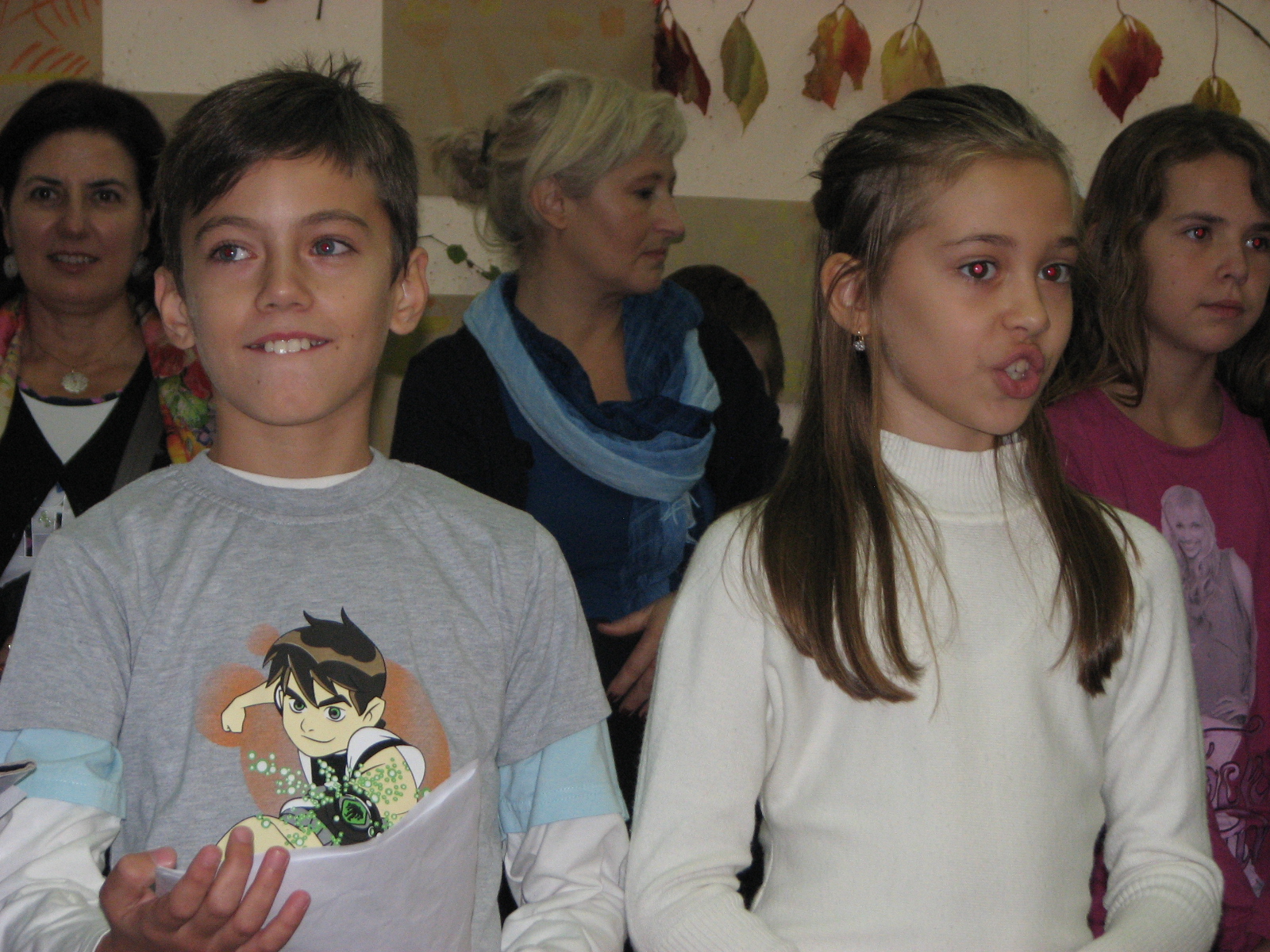
The Ruder Boškovič vocational training school close to Vukomerec provides vocational schooling at the secondary school level, i.e. ages 14 to 18. The school does not overtly market or position itself as an eco-school, but it does provide technical education geared toward the practical application of skills for the benefit of the environment. For example, the school has a solar panel installation on its roof which is used as an educational tool for students; the panels and the entire technical support system can be dismantled or altered for each new class of students to figure out how it works by learning to reconnect and assemble it. The school principal, Goran Nuskern, has also been involved in working with students to design and build its own wind turbine for generating additional energy on the roof of the school. Moreover, it is Goran’s goal for the school to earn money from the wind turbine by producing kitset copies of it in the school workshop for sale on the open market. Earlier in the week the group had heard how schools that had made energy savings by upgrading their heating systems and insulating their buildings had been compelled to return their financing savings to the Ministry of Education, but apparently this only applies to primary and grammar schools. Vocational training schools are incentivised to encourage their students to learn on the job by being permitted to engage in commercial activities and reinvest their profits back in the school.
The Ruder Boškovič school is also involved in two sustainability projects. The first involves an optional programme in the school curriculum on reduction of CO2 emissions by strengthening knowledge about the current state of carbon in the atmosphere. The project aims to educate a larger group of school teachers, followed by the formation of a project team comprising a selected group of teachers to work on Renewable Energy Source (RES) technologies and establish a student laboratory with a student group. The second project is called RES for a “Lighter” Future aimed specifically at adult education which started on 18 October 2013 with a lifespan of one year. The project is part of a wider effort to strengthen the adult education sector to increase market competitiveness. The project will include three programmes on small wind turbine installations, hydrogen installation, and biogas and biodiesel pilots. It is also to include an e-learning element as well as aiming to provide unemployed teachers with an opportunity to upskill and re-enter the labour market. The project is being run in cooperation with the city of Zagreb.
Another onsite visit was made to the ZMAG eco-centre and “recycled estate” (http://www.zmag.hr/en) in Vukomerič 25km south of Zagreb where the centre’s history and current activities were explained by Dražen Šimleša. The eco-centre began life more than a decade ago when young environmental activists from Zagreb purchased land in Vukomerič and were donated an old wooden house that they were able to dismantle, transport and reconstruct on their newly-acquired property. This structure now houses a kitchen, sleeping quarters for volunteers and a library, and acts as the main eco-centre building for the provision of sustainability education. The eco-centre is a classic example of “learning by doing” as the original founders had to learn everything from scratch, from how to build and maintain buildings, how to insulate structures with sustainable products, to how to install renewable energy sources and constructing ecological waste management systems. This manner of acquiring knowledge has made it much easier to transfer permaculture knowledge to others. These days the eco-centre focuses, among others, on natural cosmetics, building and installing solar collectors and “food serenity”. The centre promotes not only high-tech ecologically-friendly approaches to renewable energy sources, i.e. relatively expensive solar panels and collectors, but also technology that is more appropriate to low budgets. The centre also features a children’s playground intended to trigger curiosity about the environment among children.
The centre is a member of the National Foundation for Civil Society Development in Croatia which gives it access to lottery funding and hence allows it to plan for the long-term. The centre also earns additional income from renting out its facilities for retreats and team building exercises. It attracts school parties and adult groups not only from within Croatia, but also from further afield, such as Slovenia and Bosnia-Herzegovina.
The eco-centre struck the study group as a brilliant way of delivering and sharing practical hands-on experience and understanding of sustainability living. Most eco-centres that focus on provision of education tend to be staffed by people with more of a theoretical grounding in sustainable living, even if they attempt to lead a sustainable lifestyle themselves. Being involved in learning the practicalities of doing things from the very beginning provides a valuable insight into what really works and facilities a much smoother transfer of knowledge to others without much grounding in practical hands-on approaches to sustainable living.
